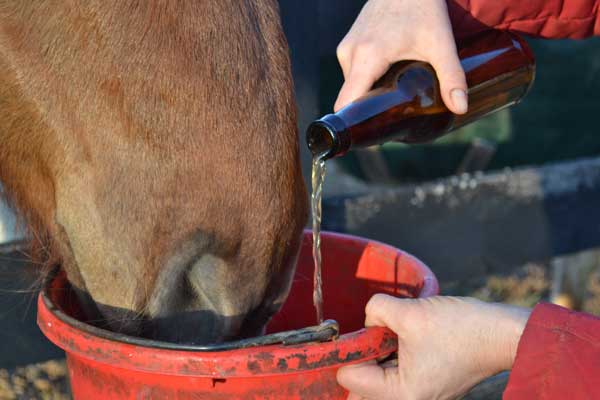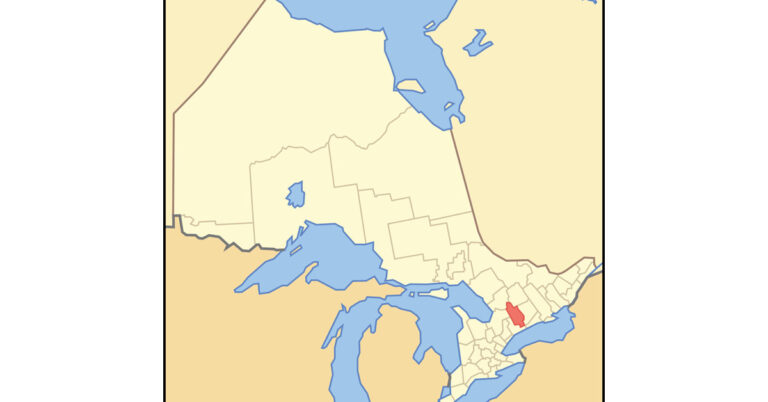Q: An Irish racehorse trainer once told me that it’s traditional to feed a horse Guinness® beer after he wins a competition. Is there any nutritional benefit—or danger—to doing this? Can horses get drunk? How much beer can I give my horse? Should I reduce his grain meal to compensate for the extra calories?

Sarah Ralston, VMD, PhD, Dipl. ACVN
A: Many horses love the taste of beer, possibly because it consists of ingredients such as barley and hops, which resemble the grains in horse feeds. The alcoholic content is not a concern, as horses do not get drunk easily, if at all. Their livers process alcohol extremely rapidly because they naturally produce large amounts of alcohol dehydrogenase. This is an enzyme that breaks down the products of fermentation, which occurs in the horse’s large intestine during normal digestion. It quickly converts all forms of alcohol to carbohydrates to be used for energy.
A 12-ounce serving of beer can range from 55 calories for some “lite” beers to 250 for the heavier ales. (My husband’s horse, RU Sir Galahad, prefers Samuel Adams® Lager, which is 160 calories per bottle. He was once offered Coors Light® and spit it out.) The average 1,200-pound horse requires a total caloric intake of about 17,000 calories per day just for maintenance. One pound of standard grain mix provides more than 2,000 calories—so there is no need to cut back on your horse’s regular feed if you give him a bottle of beer after a ride. He will burn up the extra calories easily.
The amounts of carbohydrates and water in a single bottle or can of beer also are negligible in view of a horse’s total needs. However, beer does provide some minerals, niacin, B vitamins (B1, B3 and B6), folate and flavonoids, all of which horses need. So there may be minor nutritional benefits (although a good-quality feeding program already provides these nutrients in adequate amounts). Another potential benefit may result if you mix beer into your horse’s water, especially when dehydration is a concern, as when traveling. If he loves the taste of beer, adding a bit to his water may encourage him to drink more.
To my knowledge, beer will not cause a positive drug test in horses, but you might want to double-check with your sport’s governing organization before offering your horse a beer before a competition. Beware, too, that other competitors who see you feeding your horse beer before a class might complain, even though there is no evidence at all it would in any way alter performance.
A safe method to give your horse a beer is to pour it into a bucket.
Otherwise, I see no danger in feeding your horse a beer, especially after a nice ride. Although it adds a very small amount of calories relative to a horse’s overall intake, I would not give an overweight horse a steady diet of beer. But one or two beers a week will definitely do no harm.
Veterinarian and equine nutrition specialist Sarah Ralston is a professor in the Department of Animal Sciences at Rutgers’ School of Environmental and Biological Sciences. Her current research focuses on glucose/insulin metabolism and orthopedic disease in young horses. Board certified by the American College of Veterinary Nutrition, she provides more than 200 nutritional consultations to horse owners around the country each year. Dr. Ralston has served as a consultant for many equine feed and pharmaceutical companies, including Purina Mills, Inc., Nutrena, Blue Seal Feeds and Pfizer. She has also served on committees for many organizations, including the American College of Veterinary Nutrition and the American Board of Veterinary Specialties.
This article originally appeared in the May 2014 isssue of Practical Horseman.










